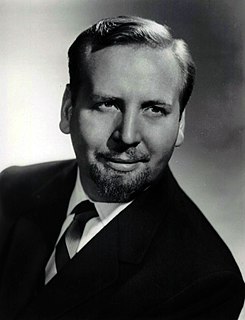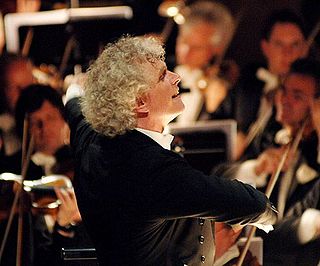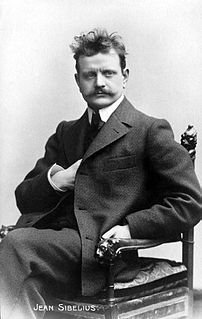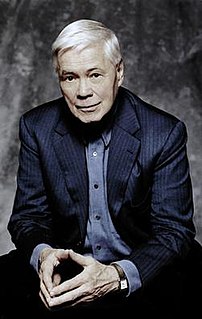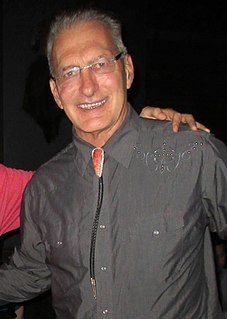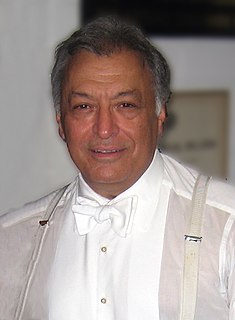A Quote by Skitch Henderson
I've watched the demise of the Hollywood orchestra, the house orchestras of the big studios.
Related Quotes
In Hamburg, there are three major orchestras, an opera house, and one of the great concert-hall acoustics in Europe at the Laeiszhalle, in a town a fifth the size of London. And that's not unusual. In Germany, there are dozens of towns with two or three orchestras. The connection with music goes very, very deep.
Working with David Cronenberg or Darren Aronofsky or even Steven Soderbergh isn't really like a typical Hollywood movie. These are true artists, and have a certain amount of freedom when they work, and they're more like independent filmmakers making their way through big studios. I still don't feel like I've been part of the stereotypical Hollywood system.
I always remind people why The Oscars got started in 1928: It was an effort by the studios to suppress the unions. They started the Academy because all the screenwriters and directors and actors were unionizing, and they thought, "We'll have something that resembles a union, but that's completely controlled by the moneyed interests in Hollywood." That's what it's been all these years. It's something that reinforces Hollywood's image of itself. The Best Picture one year was Gandhi. Nobody watched Gandhi, but that's the kind of picture that always wins.
